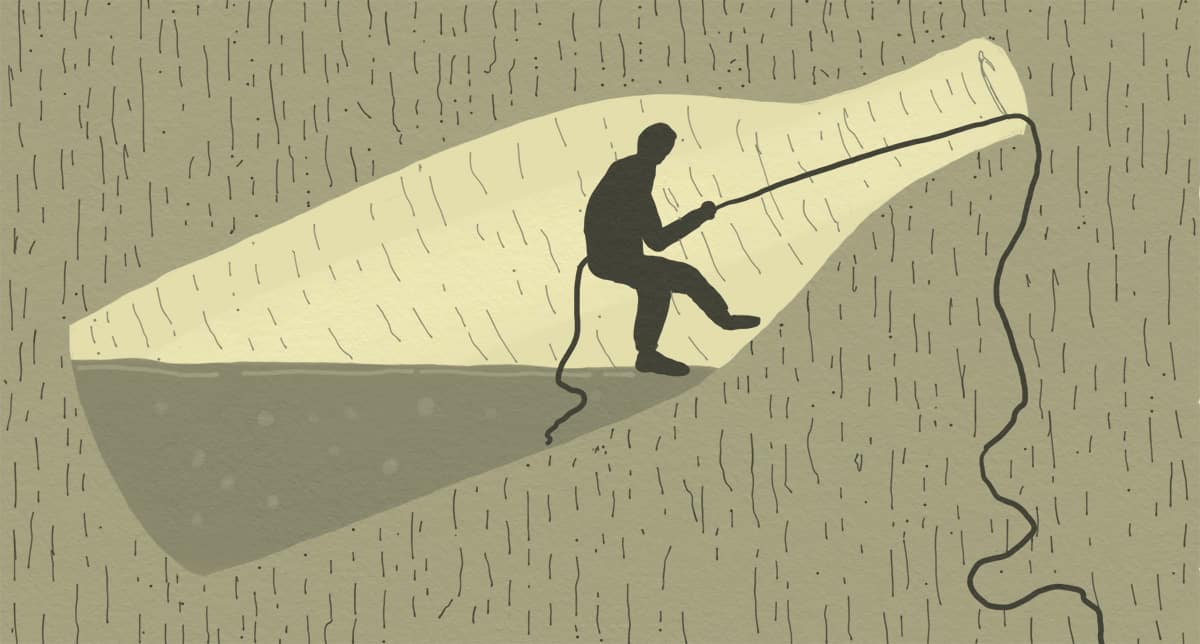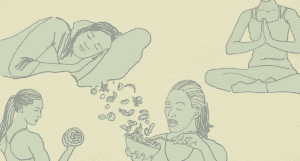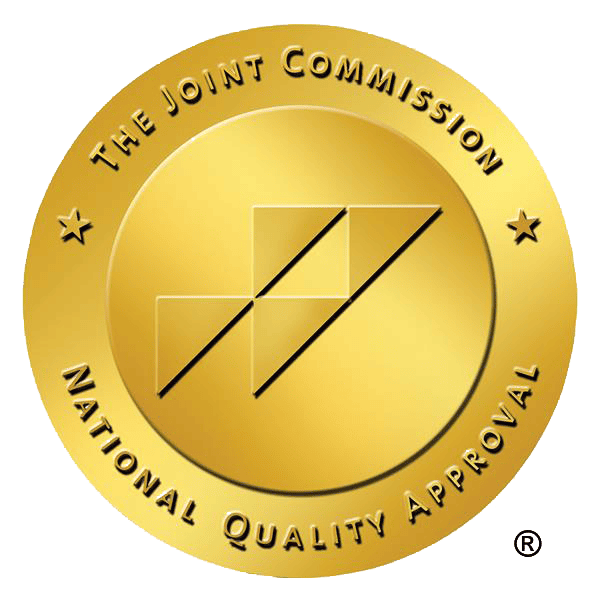This is a real-life account, anonymized to protect the identity of the individual.
I grew up in a happy, loving household—parents still married, one sister, but it was very much an Irish Catholic household. Drinking was a big part of our culture, so I grew up around a lot of alcohol. I got drunk for the first time at age 12 during a family event, and I loved it. I couldn’t wait to do it again.
Throughout my teen years, I identified with artists and musicians. It was what I aspired to be. My heroes were artists who drank and did drugs, and in my mind, that was just part of the deal. You drink or do drugs, and then you create. I started smoking marijuana at a young age and experimented with hallucinogens in high school, but my go-to was always alcohol.
In college, I partied. In a sense, I was living two lives; going to class and playing college soccer during the day and partying with my roommates all night. When you’re young, you can do that. On top of that, I worked construction part-time, and drinking was just part of that culture, as well.
When I graduated, I moved back to Colorado and got a job as a graphic designer for a ski resort, and that job was also a big party. I always seemed to be able to insert myself into cultures where drinking was accepted. I often describe my early career as very much like Mad Men. It wasn’t unusual to show up in the office in the morning, and someone would pour a drink and talk about their plans for the day. Many had bottles in their desks; we all drank all the time. No one batted an eye. I did this for a few years, but by this point, the drinking had really started to affect me. I had my second Driving Under the Influence (DUI) charge and was facing legal trouble.
A common thread for many addicts or alcoholics is the thought process that moving somewhere else will fix everything—a geographic problem, so I chased a girl and moved up to Seattle. I did odd jobs for months, just scraping by, until I finally landed a great job doing design for a regional theater that did broadway shows. Again, drinking was an accepted part of the culture—cocktails in the boardroom, four or five drinks at lunch.
Now, my drinking had become almost a 24-hour deal. I’d start getting the shakes, start feeling sick if I didn’t drink. For the longest time I was able to maintain a facade of a normal life while drinking constantly, but this was when it really stopped working. I now needed alcohol to physically function. I was showing up late to work, showing up too drunk, and when it’s normal in the workplace to sit around and have a cocktail, but you still have to sneak off and chug booze so you don’t feel sick—when it’s accepted and you’re still hiding it—you know you have a problem. Sooner or later, I lost my job over my tardiness. Later, I found out that there’s no policy about time. In a nutshell, I was let go for being an alcoholic, but HR policies said that if they fired me for that, they had to offer to help.
My third DUI still didn’t convince me that I needed help. I was put on a home breathalyzer, tested twice each day, and I would simply measure out alcohol and be sick for a little while to pass the test, then drink again. It didn’t always work, and I knew when I failed, the sheriff would show up the next morning to take me to jail. I was caught in a cycle of insane behavior—Doing the same thing over and over again, and expecting different results.
Fast forward another move and another lost job, and I was living across the street from my parents, hoping this would finally fix things. Most of my life, I’d been able to get myself together just long enough to find a good job and convince people I wasn’t an alcoholic, even though I had to stop off and chug a bottle of vodka to get to work in the morning. At this point, however, my body wasn’t reacting well to drinking. I’d drink a little bit and pass out, or black out, and I was basically just waiting for the point that I’d have to go back to jail.
One night, I headed out on my bike to meet an ex-girlfriend at the park. In Colorado, the parks are a bit extreme, and next to the sidewalk, there was a big ravine with a creek at the bottom. As I was riding, I went over my handlebars and fell 10 feet, head-first into the ravine. I don’t remember any of this, but luckily my ex-girlfriend found me, and I woke up in a hospital bed with a major subdural hematoma. The doctors had to drill two holes in my head to relieve the pressure, and they told me, “Look, you had a .4 Blood Alcohol Concentration, and most people would be dead or unconscious at this point, not riding a bike. You need to quit drinking or you’re going to die.”
It’s true what they say, that no matter the repercussions, no matter what anyone says, someone has to be ready to seek recovery on their own. As soon as I was discharged, I walked across the street and bought a bottle of vodka. After this, my family was done with me; everyone in my life was done with me, but I still wasn’t ready to stop drinking. To this day, I can’t describe what happened when I finally was. I was just sick of it. Sick and tired of being sick and tired. So, I called and asked someone for help.
I spent a few days trying to get into any rehab in Colorado, but it was impossible—they all had waitlists. Fortunately, my aunt called me up and said, “I have a friend who runs a residential facility down in Houston. Fly down here, and I will get you into treatment,” and while I still had no idea what that meant, I jumped on the first flight on Christmas Eve that year—she saved my life. At the time, it felt like I was finally somewhere safe, where I could be sick and miserable and know that I was being taken care of—know that I couldn’t go out and drink. I was desperate and willing to do whatever it took to stop feeling the way I was feeling.
I entered a 30-day program, and at first, it was mostly just a safe place to get sober, but then I started to learn about my disease, and why I was the way I was—the underlying issues that made me drink. I was introduced to Alcoholics Anonymous and the 12-step program, and as soon as I was done with my 30 days, I pushed really hard to get involved. I spent all my time focusing on AA, and that’s probably what gave me a really good base for recovery and the tools I needed to abstain from alcohol every single day.
I found a halfway house where I could trade web design for rent, and I was able to focus on my recovery full-time for a while. When I finally felt stable, I started my first company. A lot of times in recovery, when you’re telling your story, you tell it in three parts: What it was like, what happened, and what it’s like now. What it’s like now is so important, because I went from being basically homeless, with no job, dependent on alcohol, and six years later I have a great job, a beautiful wife and two beautiful daughters, and a home we own. Through both my amazing job and my involvement with AA, a huge part of my life now is helping others find recovery who are still struggling. This work and this community help keep me strong, along with finding my own version of a spiritual connection.
Through recovery, I have been given a life worth living. I have been able to repair many of the relationships that my drinking had destroyed. My sister, who used to call to make sure I was still alive, now calls for advice. I can operate in my career from a place of honesty and trust. I can once again look at myself in the mirror with a feeling of confidence.
One thing I would say to anyone struggling with alcoholism or addiction—to anyone thinking about seeking treatment—is this: You could write down all the things that you can imagine or dream for yourself when you’re in the thick of it, and you may think that there’s no way any of them would come true. A lot of times, when you’re down and out, that list might say something like, “I wish I had five dollars to my name, or someone to be in a relationship with.” Just know that recovery gives you the opportunity to have those things and much, much more. It gives you a life beyond what you could imagine for yourself, and it’s so worth the effort.
If you or a loved one could use our support in finding freedom from alcoholism or substance use, please reach out to us confidentially.









